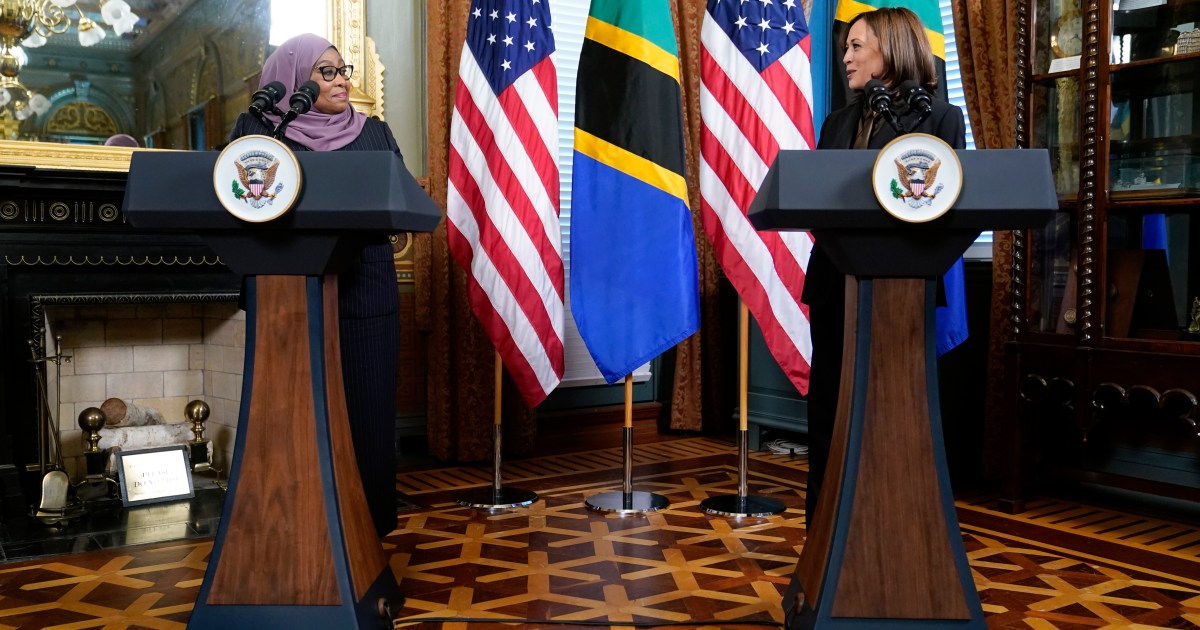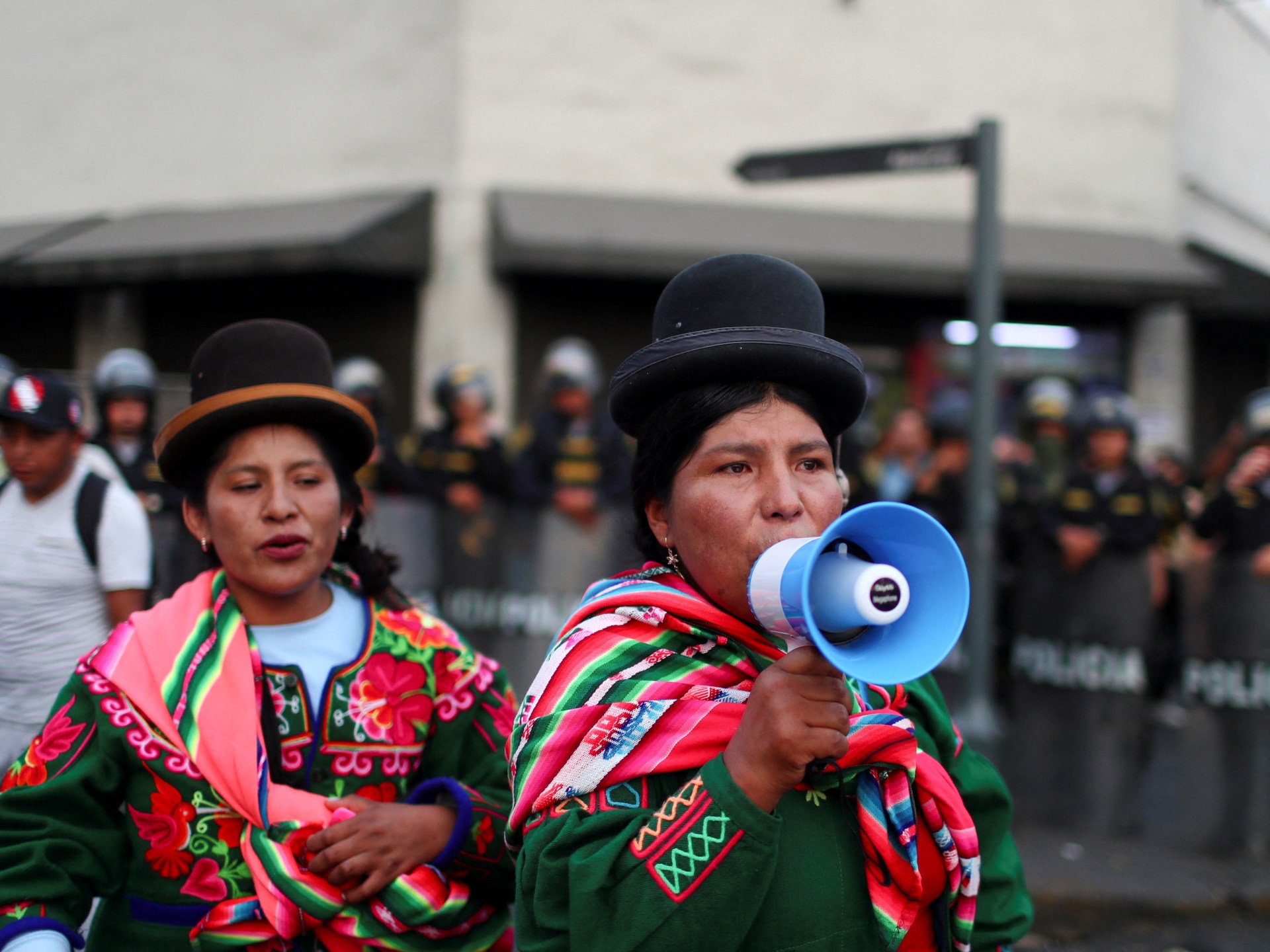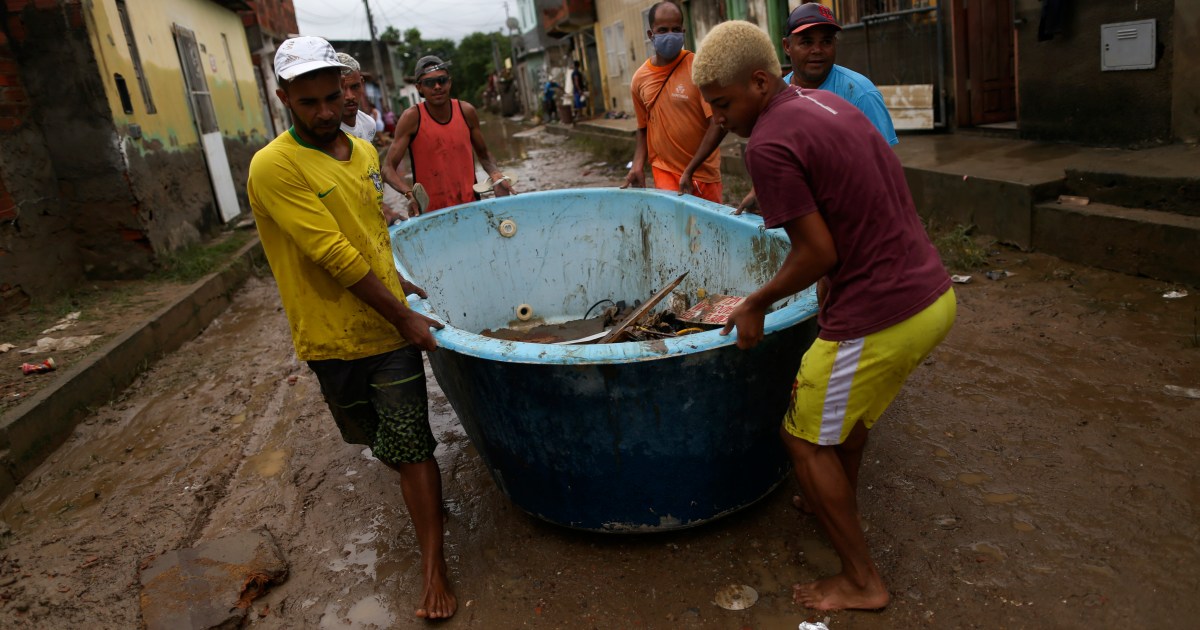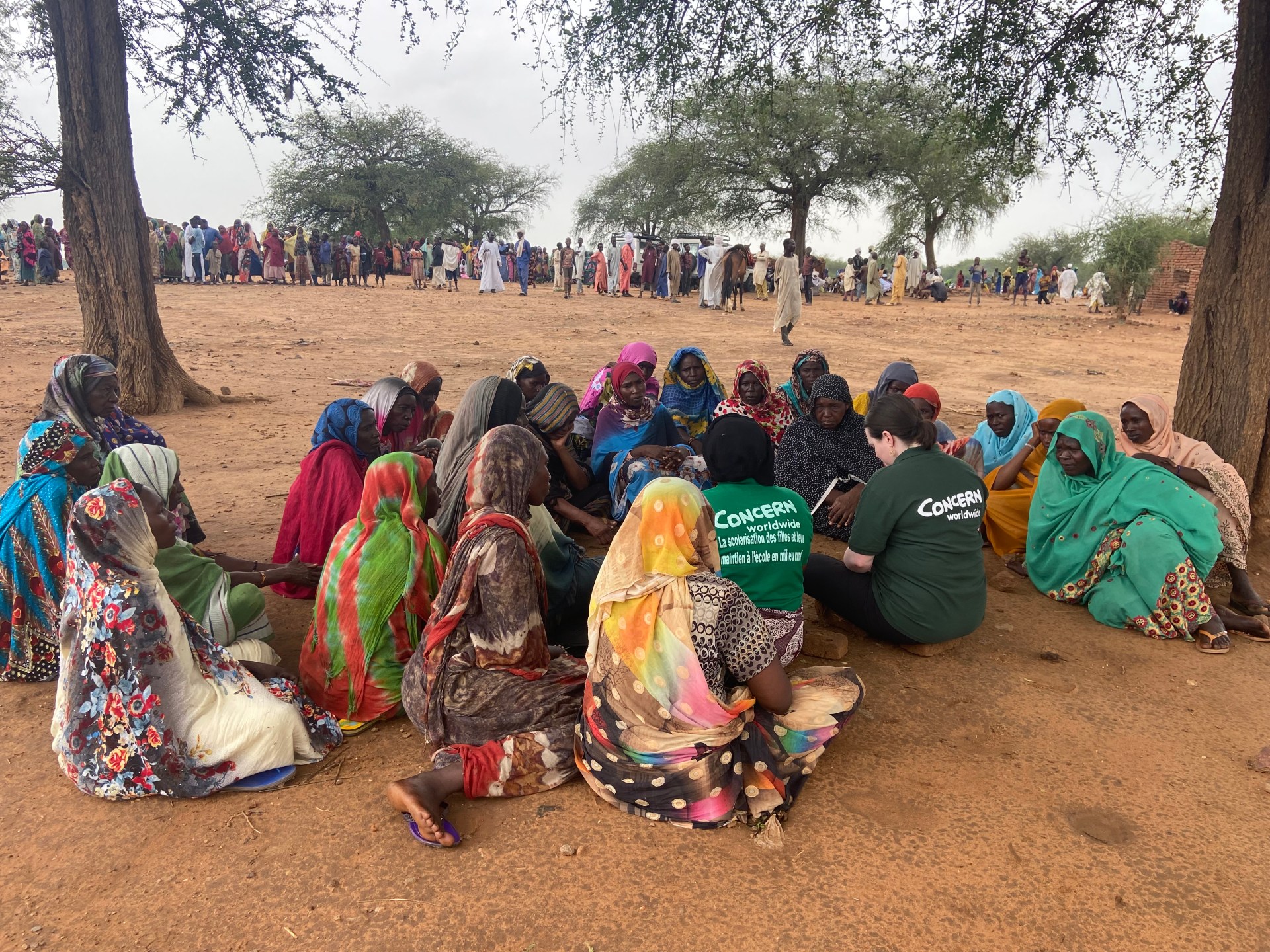‘Back online’: Tanzania’s president rights predecessor’s wrongs | Government News
When Tanzania’s president assumed office last year after her predecessor died suddenly of suspected COVID-19, it was seen as the beginning of a new era.
Samia Suluhu Hassan, the East African state’s first female president, immediately sought to distance herself from her old boss when she told parliament to “stop comparing me with [John] Magufuli”.
Yet analysts were unsure what to make of Hassan who was vice president in a regime that had isolated Tanzania from its neighbours and the international community. Former President John Magufuli had pushed Tanzania towards new levels of authoritarianism and turned the country into a global pariah due to his denial of COVID-19.
Hassan’s trip to the US in April, her second in less than a year, was viewed by her supporters as proof that Tanzania is charting a new course.
“It’s a 180-degree turn from what her predecessor was like,” Fahad Awadh, co-founder of YYTZ AgroProcessing, a cashew nut company based in Zanzibar told Al Jazeera. “She is going out and building bridges with these other countries. She has travelled a lot in the last year going to the UK, France, Belgium, Dubai and Kenya and Uganda in the region.”
Rejoining the international community
Her rapid diplomacy is being interpreted as an intent to woo foreign investors back to Tanzania after hostile domestic policies and rhetoric stymied foreign domestic investment for years.
Magufuli, known as the “bulldozer” in the international press, spooked foreign firms by slapping huge retrospective fines on mining companies and setting tough terms for contracts on various development projects.
Hassan’s trip to the US reportedly garnered $1bn in investment from various American companies, indicating that foreign investors see positive changes in Tanzania. It was reported that the US firms were interested in sectors ranging from tourism to energy.
“[The $1bn] has and will contribute, no doubt to the economic growth of Tanzania but, in that way, will contribute to the growth – the economic growth and jobs in the United States as well,” said US Vice President Kamala Harris, who Hassan also met with.
Hassan also met with Kristalina Georgieva, managing director of the International Monetary Fund (IMF) at the global lender’s spring meetings in Washington.
During the same trip, she visited New York and Los Angeles to launch the premiere of a new state-backed documentary, Tanzania: The Royal Tour, which promotes tourism in the East African country. The film shows Hassan visiting Tanzania’s popular tourist destinations such as Mount Kilimanjaro and Zanzibar in a bid to boost tourism after COVID.
The change in tide comes as a stark contrast to Magufuli who rarely left Tanzania and discouraged foreign travel by senior government officials. In fact, the former president only made 10 international trips during his six years in office – none was outside Eastern and Southern Africa.
Magufuli’s tilt towards a more nationalist and isolationist agenda was reflected in the government’s hostile approach towards donors and development partners.
In 2018, Magufuli said he prefers Chinese loans to Western aid as it comes with fewer conditions.
That same year, Denmark, the European Union and the World Bank reviewed aid packages with Tanzania after the government banned pregnant girls from going to school and senior politicians were accused of homophobia.
Jens Reinke, IMF representative for Tanzania, told Al Jazeera that multinational lenders have started to re-engage with Tanzania. The Fund is currently working on a three-year loan package that will come with a “substantial amount of financing and an ambitious reform programme”.
Reinke added that discussions between Tanzania and the IMF were “less intensive” during the Magufuli era and the upcoming loan should fast-track economic development.
‘Coming back online’
The renewed momentum has sparked hopes that some of Tanzania’s biggest infrastructure projects will finally come to fruition.
One of the biggest opportunities for Tanzania is a stalled $30bn liquified natural gas project that has seen little progress since talks started with investors over six years ago.
Negotiations between the former administration and gas companies Shell and Equinor hit a dead end after the government insisted that arbitration must be held in Tanzania. Both sides held fruitful talks in Arusha in November, promising to jumpstart the development of an estimated 57 trillion cubic feet of gas.
Analysts believe the government has taken a special interest in the project as the demand for African energy increases while European countries scramble to find replacements for Russian gas.
In one interview, Hassan told journalists that the country, which has the sixth-largest gas reserves in Africa, is already looking to markets in Europe.
“There appears to be a new development in Tanzania where the gas is coming back online,” Admassu Tadesse, CEO of the Eastern and Southern Trade and Development Bank (TDB) told Al Jazeera.
The $10bn development of a “mega port” at Bagamoyo, half an hour north of Dar-es-Salaam, is another project that was previously dead in the water. Last June, Hassan revived talks with project leaders Oman and China, renewing hopes that Tanzania will create an industrial zone to rival the port of Mombasa in neighbouring Kenya.
The president has also made significant changes within the ruling Chama Cha Mapinduzi (CCM) party to “distance herself from the previous president”, says Ally Saleh, a Zanzibari politician and ACT-Wazalendo party member.
Several party members who were dismissed by Magufuli have been reinstated and many of the former president’s policies have been reversed.
Furthermore, the government has initiated a U-turn on COVID-19 protocols by beginning to collect pandemic-related data and work with multilateral health agencies like COVAX to deliver vaccines.
Magufuli, a known COVID denier and vaccine sceptic, repeatedly downplayed the seriousness of the virus and implemented very few restrictions while much of the rest of the world was in total lockdown.
Despite a recent push by the government to tackle the deadly virus, analysts say Magufuli’s unique take on COVID created higher levels of anti-vax sentiment in the country, leading to a significant amount of vaccine hesitancy even after his death.
A changing tone
Hassan has also offered an olive branch to key opposition leaders like Tundu Lissu and made moves to lift draconian restrictions on free speech and the media. However, some opposition leaders argue that the reforms are still surface-level as a ban on opposition rallies remains in place, along with many Magufuli-era laws to choke civil society.
The seven-month detention of opposition leader Freeman Mbowe after his arrest last July has dealt a huge blow to Hassan’s democratic credentials. The chairman of the leading Chadema opposition party was lobbying for constitutional reforms when he was locked up on “terrorism” charges. A court has since ordered his release.
Chadema is also pushing for a commission of inquiry to hold perpetrators of torture and murder in the Magufuli era accountable.
Within her party, Hassan also faces opposition from Magufuli hardliners. Some of the former president’s supporters are in the process of splitting from CCM and creating a party called Umoja to continue Magufuli’s policies.
Cashew nut businessman Awadh said Hassan is under a lot of pressure to make rapid changes in Tanzania but in reality “it will still take time for these changes to manifest”.
“The important thing is that the tone has changed,” he said. “Her government and herself are saying the right things. Tanzania is becoming more open and democratic. But it will take some time to reflect in the law”.





Pingback: rudee11
Pingback: strains of magic mushrooms
Pingback: visit this website
Pingback: สมัคร lsm99